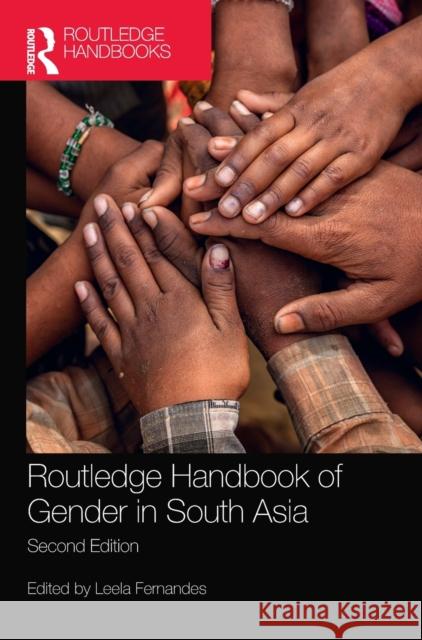Routledge Handbook of Gender in South Asia » książka
topmenu
Routledge Handbook of Gender in South Asia
ISBN-13: 9780367479657 / Angielski / Twarda / 2021 / 410 str.
Routledge Handbook of Gender in South Asia
ISBN-13: 9780367479657 / Angielski / Twarda / 2021 / 410 str.
cena 1077,50
(netto: 1026,19 VAT: 5%)
Najniższa cena z 30 dni: 982,29
(netto: 1026,19 VAT: 5%)
Najniższa cena z 30 dni: 982,29
Termin realizacji zamówienia:
ok. 16-18 dni roboczych.
ok. 16-18 dni roboczych.
Darmowa dostawa!
This new edition provides a comprehensive overview of the study of gender in South Asia.











